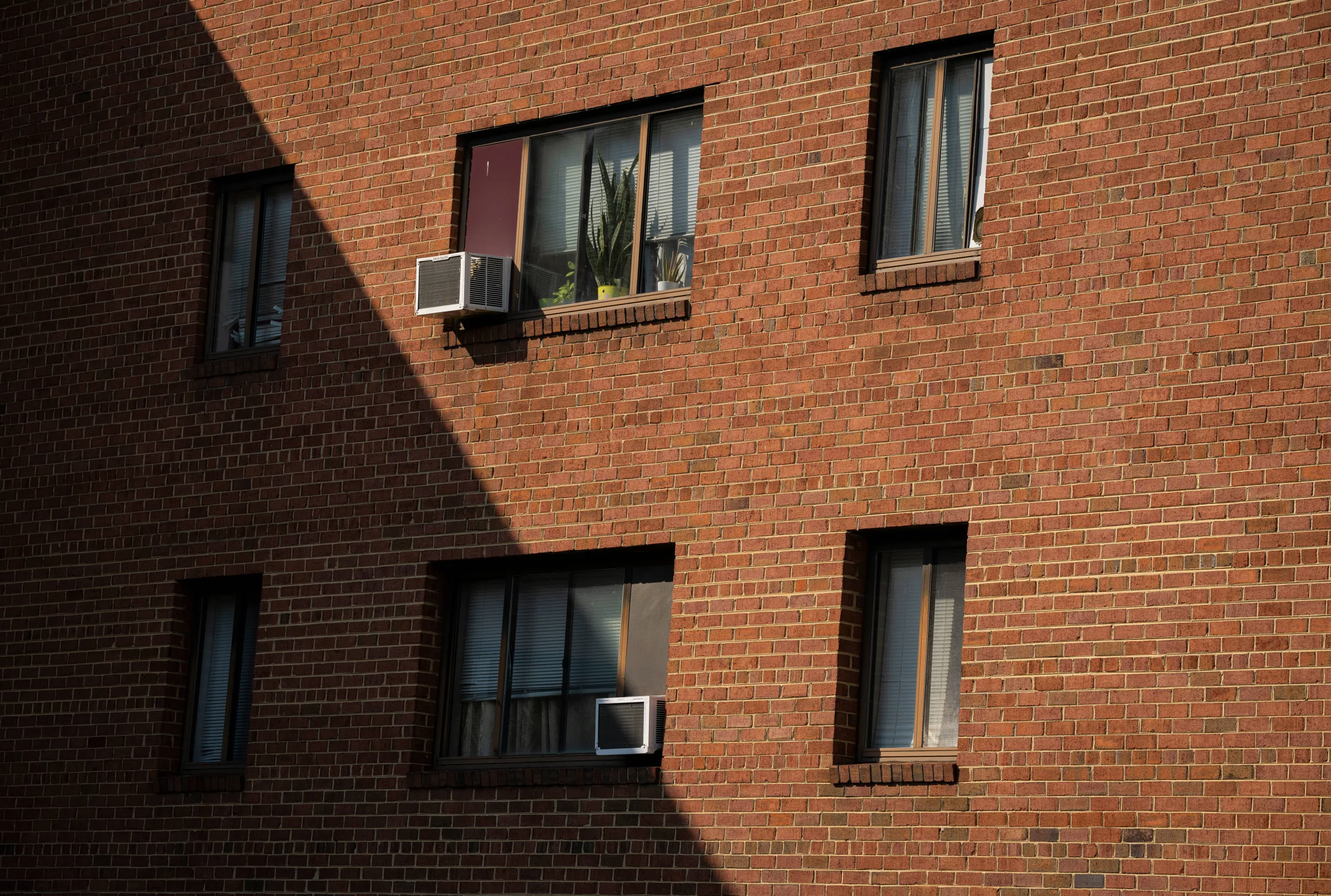As a result, such measures — known as habitability laws— are highly dependent on where people live. These laws, which determine what requirements a landlord must meet for the housing they provide, rarely include cooling. For heat, meanwhile, these policies tend to say that rental properties need to include a heating unit that keeps them above a certain temperature.
“There’s no baseline right to air conditioning or anything like that at the federal level,” David Konisky, Indiana University’s co-director of the Energy Justice Lab, told Vox.
“Unlike heat, cooling is really not incorporated into habitability standards or enforced in increasingly hot summers,” says Ruthy Gourevitch, a housing policy manager at the Climate and Community Project.
Some state policies, like those in California and New York, require landlords to maintain air conditioning that’s already in a unit, but they don’t mandate that they provide AC in the first place. Most states have experienced scorching heat waves in recent years yet many still have no state law on the books to require cooling systems.
A similar dynamic is evident when it comes to federal energy assistance programs, which often dedicate most of their funds to assisting tenants in the winter to cover heating costs. About 80 percent of the funds allocated to the Low Income Home Energy Assistance Program (LIHEAP) are doled out in the winter, while far less is distributed in the summer, says Mark Wolfe, executive director of the National Energy Assistance Directors Association. That’s largely a byproduct of the underfunding of the program, with much of the money running out after it’s been used in the winter, Wolfe says.
This breakdown can leave tenants in need of such aid struggling to cover costs in the summer even if they have access to air conditioning.
As Rebecca Leber previously reported for Vox, this same trend holds true when utility companies shut off power, something they do when a customer misses their payments.Many states will offer protections to customers in these situations during the cold months of winter. Not so with the increasingly fierce, hot months of summer. According to Vox’s previous reporting, 41 states offer customer protections from utility shut-offs during the extreme cold if they fail to pay a bill, while just 18 states offer the same for extreme heat.
Preventing such shut-offs is one key way to ensure that people have air conditioning access during dire spikes in temperature, Leber writes.
“There are lots of areas of policy where we have this distinction historically, between cold and heat,” says Konisky. “[We’ve thought that] trying to protect people from extreme cold temperatures has been more important.” But, now, “heat is just as deadly, just as big of a concern.”


